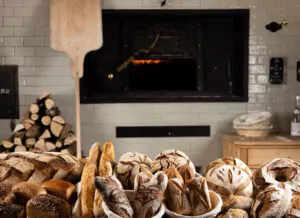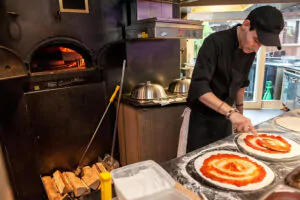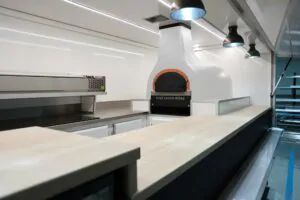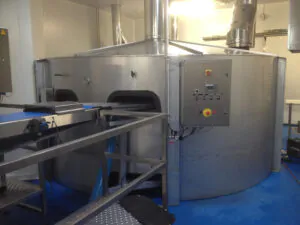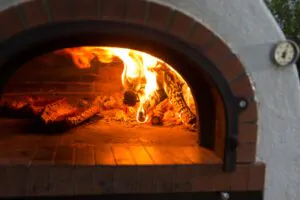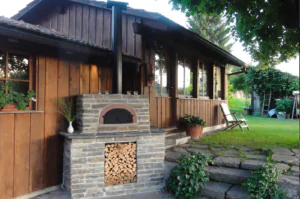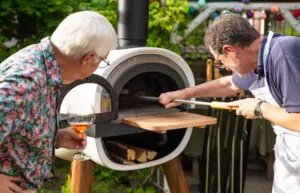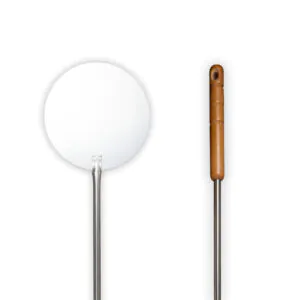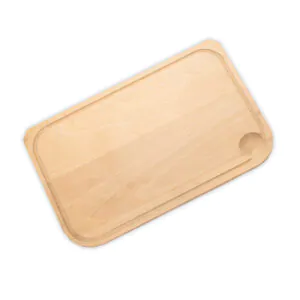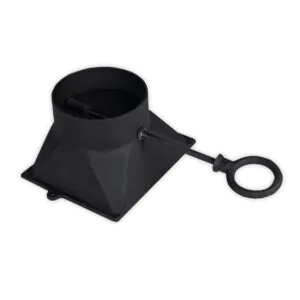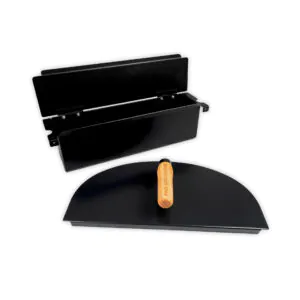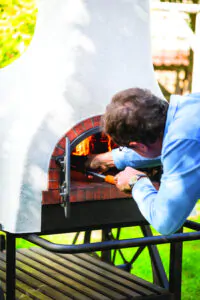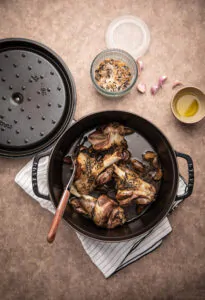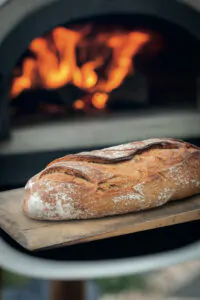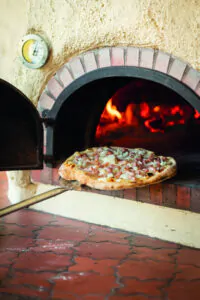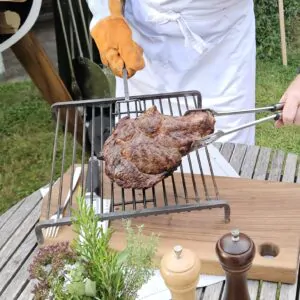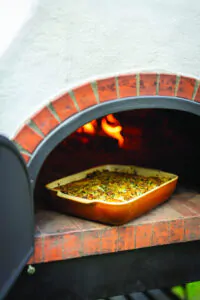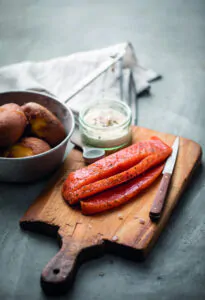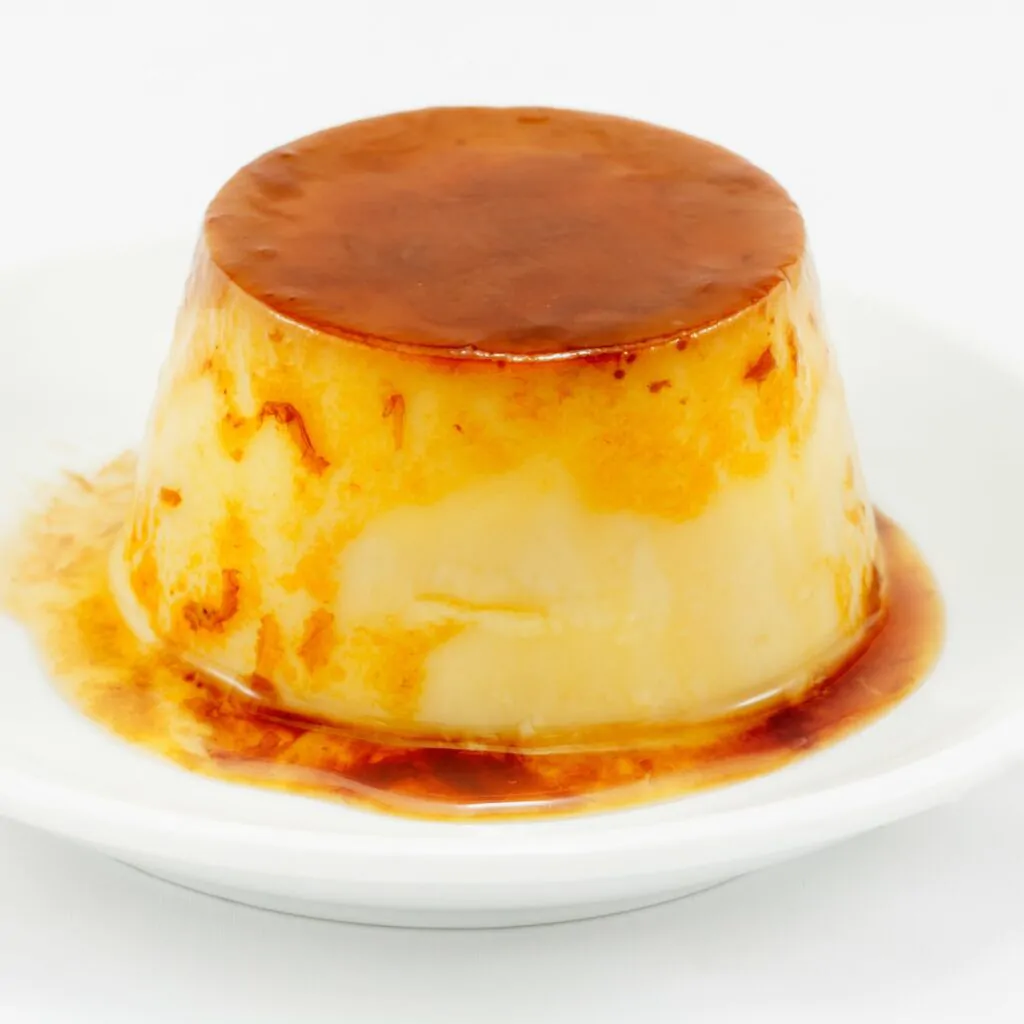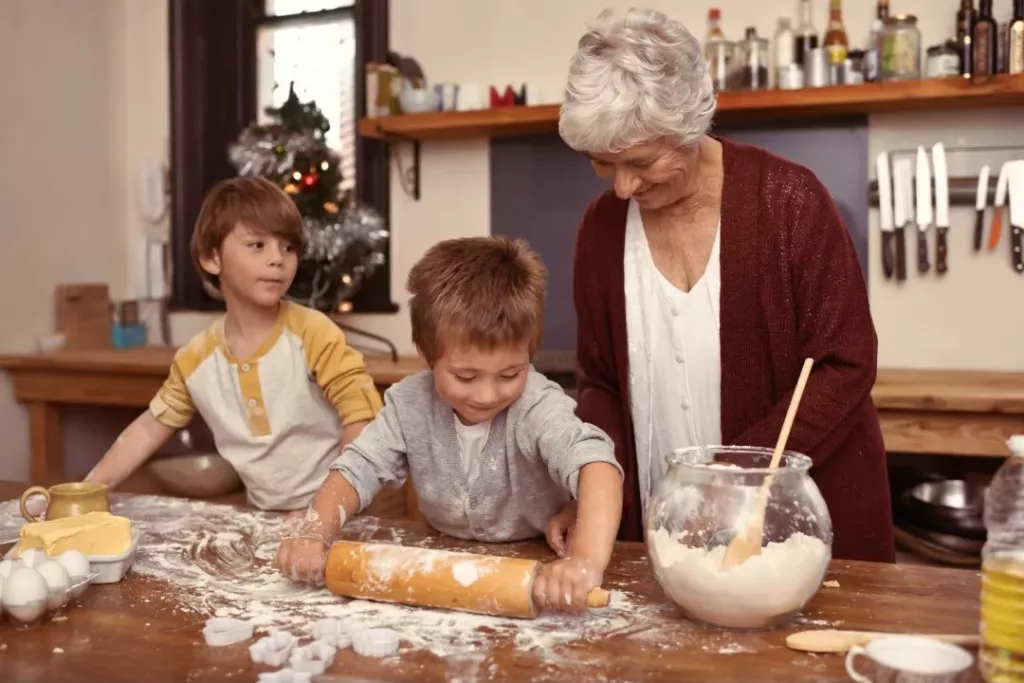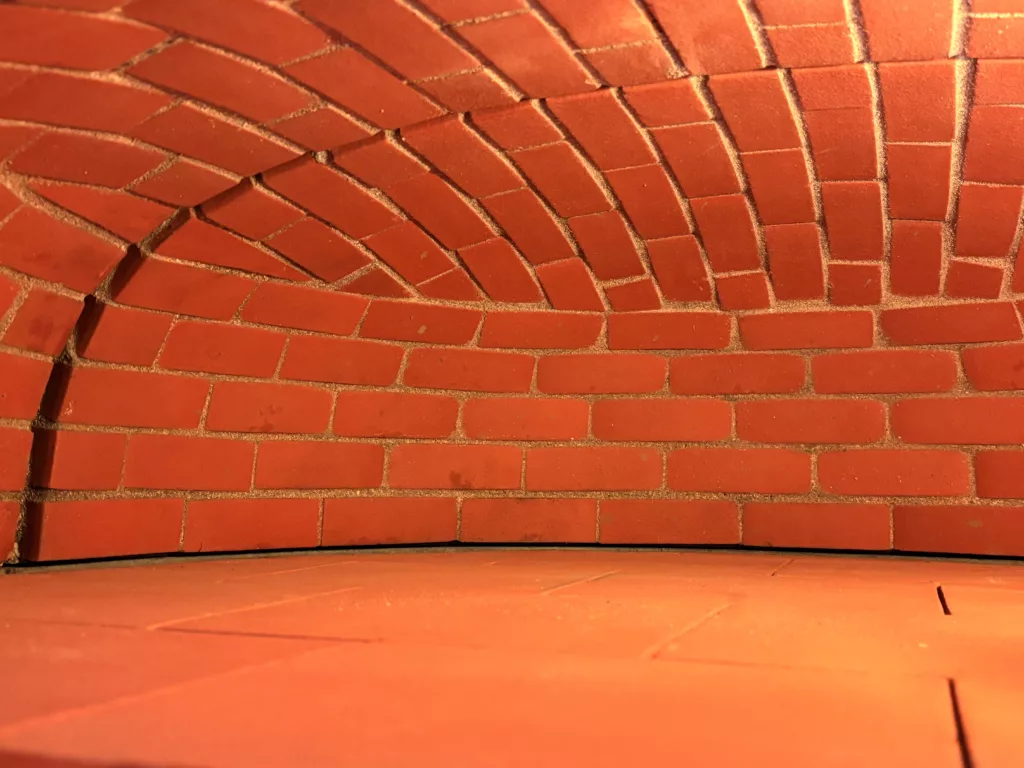Get ready to be amazed by some of Grandma’s never-before-seen tricks for unlocking the full potential of your wood-fired oven! Discover well-kept secrets on how to get to know and use your oven better, and become a true wood-fired cooking expert.
Read moreWhat key wood should you use in your wood-burning oven ?
To obtain a good fire, you need clean, dry hardwood.
Of all the most common hardwoods with comparable volume and humidity, the wood with the best heating quality is:
- Hornbeam beech
- European beech
- Oak
These 3 types of wood are referred to as hardwoods due to their high density.
On the other hand, resinous softwood should be avoided. During combustion, they release Polycyclic Aromatic Hydrocarbons (PAHs) which are harmful to health.
The wood must also be free from dirt, paint, ink or other treatment products. Recovered wood therefore should not be used.
Finally, you must avoid using dirty, rotten, mossy logs, and logs on which mushrooms have grown.
What is the right moisture content for firewood ?
For the wood to burn well without excessive smoke emission, it must be well dried. The drier the wood is, the higher its calorific value. 1kg of 10% dry wood develops 3800 watts, while 1kg of 50% wet wood produces only 1900 watts, or half.
Damp wood can also block the chimneys of your Grand-Mere oven!
Dry wood contains less than 20% moisture. To achieve this level, the wood must be air dried in a well-ventilated place, for a period of at least 2 years, or must have been treated in a dryer.
Before use, it must be stored under shelter, in a basket or log pile, but never directly on the ground.
What shape of wood is preferable ?
We advise you to use small cross-section logs, up to a maximum of 6 to 7 cm. We often talk about a ¼ round resplit, where log is split in 4 then split again.
The advantage of small cross section logs is that are quick to reach a sufficiently high temperature for pyrolysis. In other words, they quickly release combustible gases which ignite in the cooking chamber, rather than small flames which would remain only in the hearth zone.
This technique allows for the ideal cooking of your pizzas and grills without burning.
You can also use firewood in the form of charcoal. These small diameter logs are perfect for cooking.
Keep the larger diameter logs to heat the oven for longer cooking times, such as for bread or simmered dishes. In this case, we’re not actually looking to maximise the length of the flames, but to ensure abundant, long-term heating. The objective here is to fully load the refractory chamber. This will ensure a long flameless cooking phase for a decreasing curve of temperature.
These logs which burn both more slowly and for a longer time are very suitable for this type of use !
